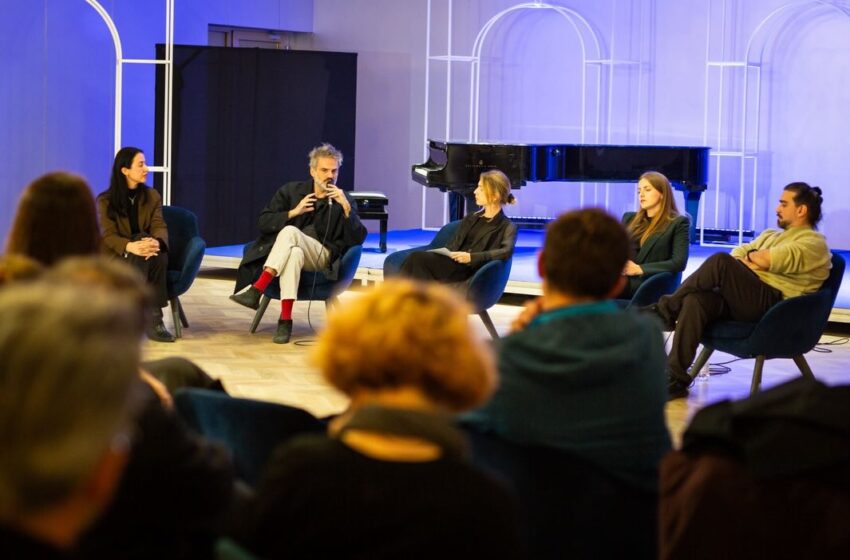Albania and Serbia to co-host UEFA Euro U-21 Championship in 2027

Despite facing significant criticism, both in Albania and Kosovo, it is now official: Albania and Serbia will co-host the 2027 UEFA European Under-21 Championship. The decision was announced on February 4 during a meeting of UEFA’s Executive Committee, where the joint bid was unanimously approved. This tournament, scheduled for June 2027, will feature 16 national teams, showcasing some of Europe’s top young football talents.
Why is this important: The joint hosting arrangement has sparked debate, given the historical tensions between Albania, Serbia, and Kosovo. Critics argue that the partnership may not yield significant benefits due to unresolved political issues. However, supporters view it as a unique opportunity to foster regional cooperation and promote Albania and Serbia on the global stage through extensive media coverage and tourism. For Albania, this marks the first time its U-21 team will compete in a major tournament as a host nation.
Context: Albania and Serbia’s joint bid faced no competition following the withdrawal of Belgium and Turkey. Each country will host half of the tournament matches, including two groups, quarterfinals, and semifinals. The opening match will be held at Karageorge Stadium in Novi Sad, Serbia, while the final will take place at Arena Kombëtare in Tirana.
The tournament will require eight stadiums, with Arena Kombëtare, Loro Boriçi Stadium, Arena Egnatia, and Elbasan Arena designated as host venues in Albania. In total, 31 matches will be played across both countries, with matches broadcast in over 200 countries worldwide.
What’s being said: While opposition persists, especially from figures in Kosovo, proponents emphasize that sports diplomacy can help build bridges between communities. Armand Duka, President of the Albanian Football Federation (FSHF) and a UEFA Vice-President, expressed optimism that the tournament could break down barriers and foster mutual understanding between the peoples of Albania and Serbia.
Duka also emphasized that the tournament will be a milestone in Albania’s sports history and a catalyst for infrastructure development. With UEFA’s backing, Albania plans to modernize its football facilities, which will benefit future generations of players and fans. Duka described the championship as “more than football,” expressing hope that it would help strengthen regional ties and inspire young athletes.
“This is the largest sporting event in Albania’s history. It provides us with a unique opportunity to modernize football infrastructure and create a lasting legacy,” Duka said. He added that UEFA’s support would ensure the tournament leaves a positive impact on both host nations.
Next steps: Preparations for the tournament will focus on stadium upgrades, logistical planning, and coordination between Albania and Serbia. UEFA’s oversight will help ensure that both countries meet the organizational standards required for hosting an international event of this magnitude. As both nations work toward the 2027 deadline, the tournament is expected to boost tourism, infrastructure development, and international visibility for Albania and Serbia.


